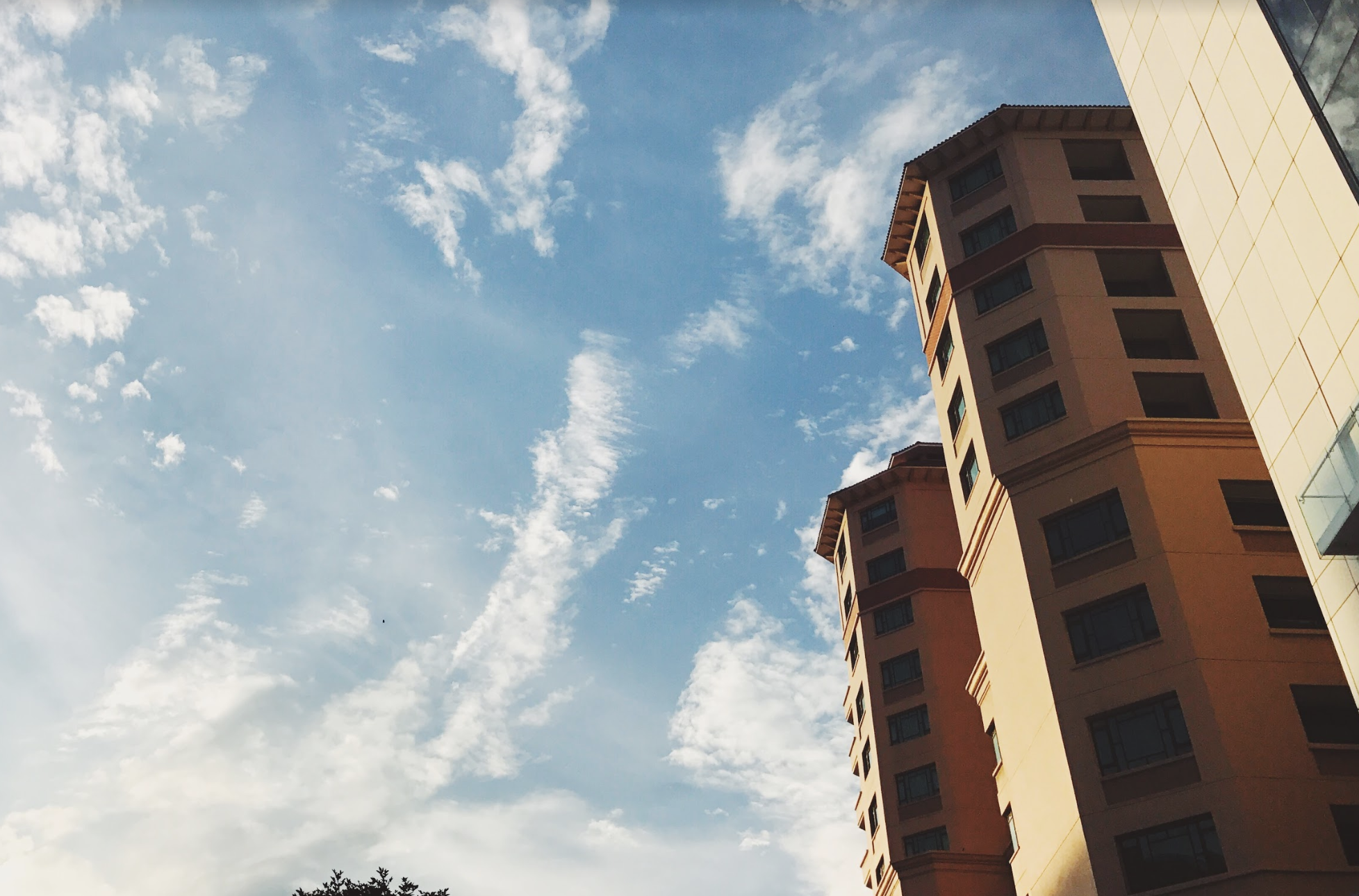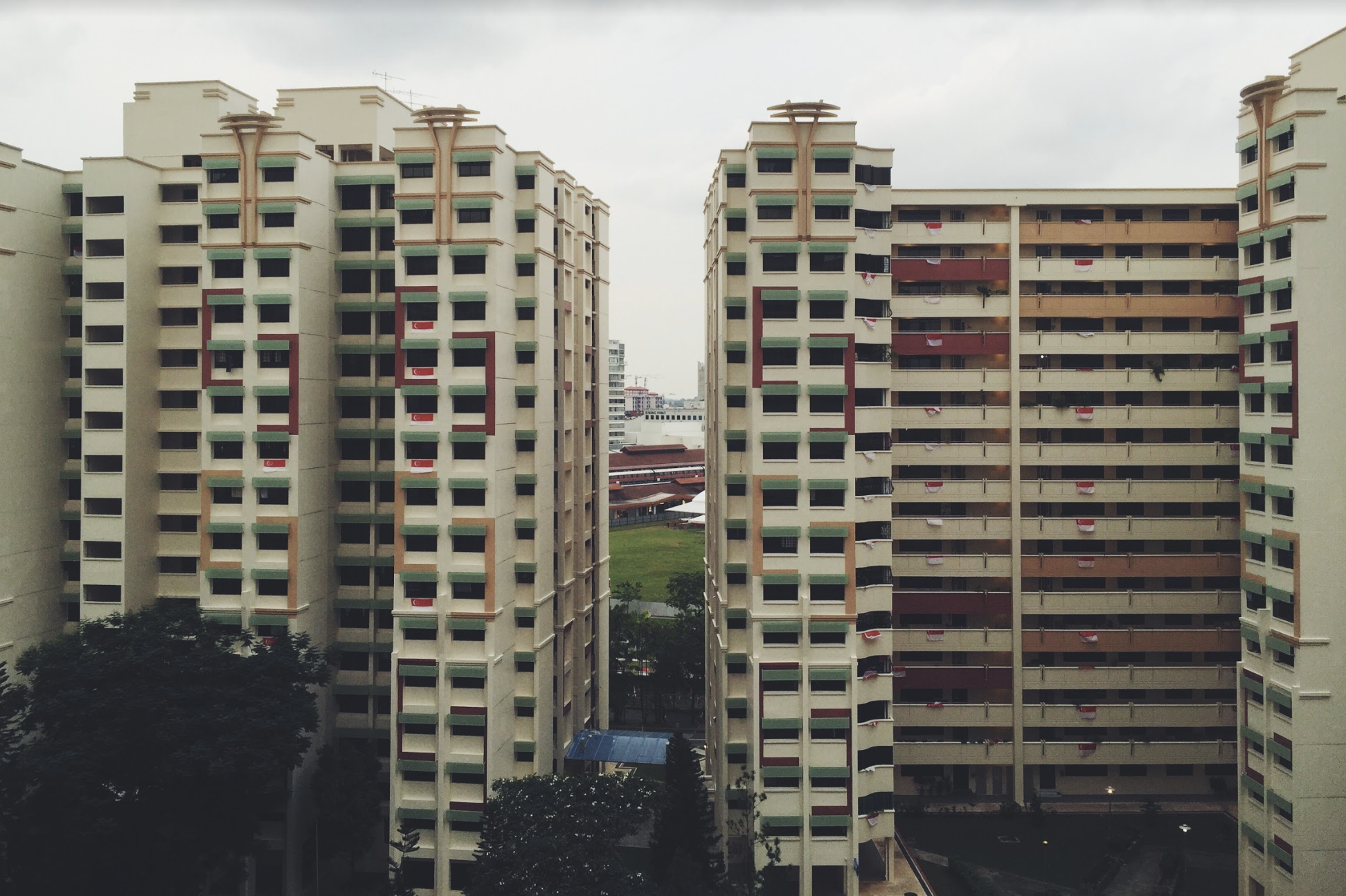The Urban Redevelopment Authority (URA) has announced on Wednesday, May 8, that the minimum stay duration of three months will continue to apply for any accommodation in private residential properties.
This means that home-sharing platforms such as Airbnb will remain illegal in Singapore.
The decision was taken after extensive consultations with diverse groups of stakeholders on the proposed regulatory framework for the use of private residential properties for short-term accommodation (STA).
Based on a national survey commissioned by URA, the majority of Singaporeans supported the proposed regulatory framework for STA.
However, several home-sharing platform operators said that the proposed rules were overly restrictive. They requested that the government adopt a lighter touch approach. In particular, the platform operators objected to the proposed threshold for owners’ consent, and the cap on permissible nights for short-term accommodation.
URA noted their concerns and said it is understandable that the platform operators would be driven by their commercial imperatives. However, "it is not tenable for URA to allow a more relaxed regulatory framework that does not address the concerns raised by Singaporeans."
In a national survey conducted during the second half of 2018, URA conducted face-to-face interviews with more than a thousand private homeowners. The majority of the respondents felt that STA would result in a range of negative externalities:
- 68 percent indicated that STA would raise security concerns in their estate
- 67 percent indicated that STA would result in a loss of privacy for residents
- 64 percent indicated that short-term occupants might misbehave and cause disturbances like noise nuisances
- 56 percent indicated that short-term occupants might damage common facilities
- 55 percent indicated that STA could pose a greater risk of fire in the estate
Generally, there was recognition of the potential upsides in supplementing income through short-term lets. But only 7 percent of respondents expressed their intention to let out their homes or investment properties if STA were to be allowed in the future.
Given this impasse, URA decided that it will not proceed with the proposed regulations at this stage. Instead, the agency will continue to monitor the situation, as well as broader developments on the STA scene. URA stressed that it remains open to reviewing the position in future, if and when platform operators demonstrate that they are prepared to adhere to the regulatory framework.
In the meantime, the use of private residential properties for short-term accommodation of less than three consecutive months remains illegal.




